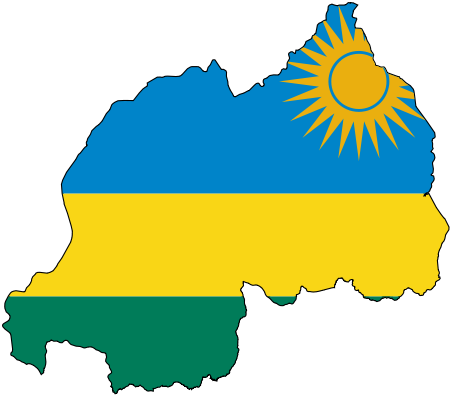Bark beetles, fuels and future fire hazard in contrasting conifer forests of Greater Yellowstone Ecosystem
Recent increases in insect and fire activity throughout the western US have presented forest managers with formidable challenges.
The extent and severity of bark beetle (Curculionidae:
Scolytinae) epidemics have reached unprecedented levels, and the number of large, severe fires continues to increase.
These trends are expected to continue because climate change is implicated for both disturbances.
Insects and fire have tremendous ecological and economic effects in western forests, yet surprisingly little is known about how fire hazard may change following bark beetle epidemics, and the efficacy of alternative forest management practices (e.g., removal of beetle-killed trees or remaining small trees) designed to reduce future fire hazard is largely unknown.
This series of studies will be builds on more than 20 years of research in the Greater Yellowstone Ecosystem (GYE), and recently initiated studies of bark beetles and fire in lodgepole pine forests.
This research will test specific hypotheses as part of addressing three major research questions.
(1) How do effects of bark beetle outbreaks on fuel profiles and subsequent fire hazard differ between lodgepole pine and Douglas-fir forests? (2) How was the severity of recent fire in lodgepole pine and Douglas-fir forests affected byprior bark beetle infestation, and does the combination of beetle infestation and fire compromise forest recovery? (3) What post-beetle fuel treatments are likely to change the hazard of subsequent severe fire in lodgepole pine and Douglas-fir forests?
The extent and severity of bark beetle (Curculionidae:
Scolytinae) epidemics have reached unprecedented levels, and the number of large, severe fires continues to increase.
These trends are expected to continue because climate change is implicated for both disturbances.
Insects and fire have tremendous ecological and economic effects in western forests, yet surprisingly little is known about how fire hazard may change following bark beetle epidemics, and the efficacy of alternative forest management practices (e.g., removal of beetle-killed trees or remaining small trees) designed to reduce future fire hazard is largely unknown.
This series of studies will be builds on more than 20 years of research in the Greater Yellowstone Ecosystem (GYE), and recently initiated studies of bark beetles and fire in lodgepole pine forests.
This research will test specific hypotheses as part of addressing three major research questions.
(1) How do effects of bark beetle outbreaks on fuel profiles and subsequent fire hazard differ between lodgepole pine and Douglas-fir forests? (2) How was the severity of recent fire in lodgepole pine and Douglas-fir forests affected byprior bark beetle infestation, and does the combination of beetle infestation and fire compromise forest recovery? (3) What post-beetle fuel treatments are likely to change the hazard of subsequent severe fire in lodgepole pine and Douglas-fir forests?
Obtain Full Opportunity Text:
Not Available
Additional Information of Eligibility:
This is a single source award to University of Wisconsin-Madison, Madison, WI.
The applicant is uniquely qualified to perform the activities based upon a variety of demonstrable factors.
The PI brings more than 15 years of research into fire-related ecological processes in the Yellowstone area landscape.
The PI has demonstrated the ability to map landscape-level forest insect outbreaks using a variety of advanced techniques as well to understand the ecological consequences of such disturbances.
Moreover, team members have previously demonstrated the ability to work together successfully and productively.
Full Opportunity Web Address:
Contact:
Tonya Bradley Contract Specialist Phone 402-661-1656
Agency Email Description:
Help Desk
Agency Email:
tonya_bradley@nps.gov
Date Posted:
2009-08-04
Application Due Date:
2009-08-06
Archive Date:
2009-09-05
Social Entrepreneurship
Spotlight
Rwanda as Social Entrepreneur Fund Beneficiary

The Republic of Rwanda has been picked as one of the six African countries as beneficiaries for a new fellowship fund program designed at supporting social entrepreneurs in tackling issues on food security.





